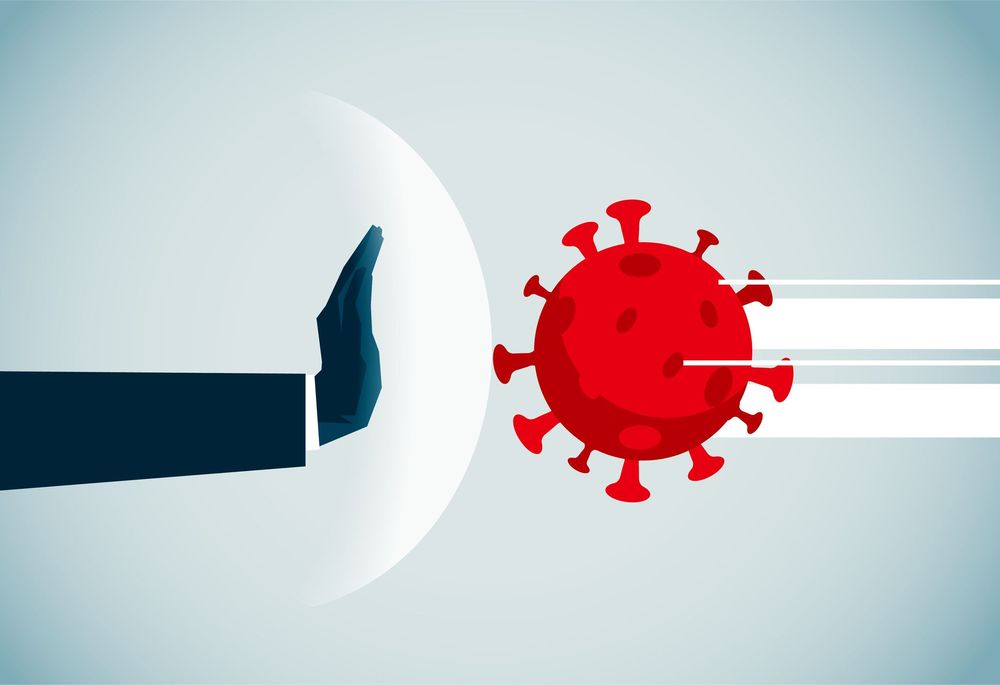Therapeutics company Sorrento has made what it believes could be a breakthrough in potential treatment of SARS-CoV-2, the virus that leads to COVID-19. The company released details of its preclinical research on Friday, announcing that it has found an antibody that provides “100% inhibition of SARS-CoV-2 virus infection of healthy cells after four days incubation.” The results are from a preclinical study that still has to undergo peer review. It was an in vitro laboratory study (meaning not in an actual human being), but it’s still a promising development as the company continues to work on production of an antibody “cocktail” that could provide protection against SARS-CoV-2 even in case of mutations in the virus.
Sorrento says it believes this antibody, which is labelled STI-1499, stood out among billions of candidates it has been screening from its extensive human antibody library for its ability to completely block the interaction of the SARS-CoV-2’s spike protein with a human cell target receptor. That means it prevents the virus from attaching to the host’s healthy cell, which is what leads to incubation and infection.
The nature of the antibody’s efficacy means that Sorrento currently believes it will be the first antibody to be included in the cocktail it is developing, which will be made up of a large number of different antibodies that show efficacy in blocking the attachment of the spike protein, in order to provide multiple avenues of protection that are designed to remain effective even if the virus mutates in transmission from person to person, or within the same individual. One of the big outstanding questions that researchers are working on answering currently is just how mutagenic SARS-CoV-2 actually is, as many coronaviruses like the common cold show a tendency to mutate pretty quickly, rendering long-lasting cures and treatments difficult to develop.
